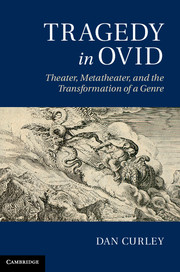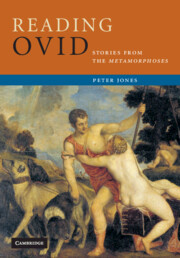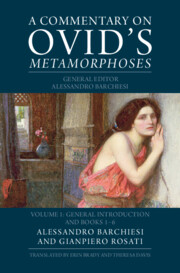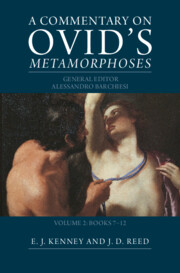Tragedy in Ovid
Ovid is today best known for his grand epic, Metamorphoses, and elegiac works like the Ars Amatoria and Heroides. Yet he also wrote a Medea, now unfortunately lost. This play kindled in him a lifelong interest in the genre of tragedy, which informed his later poetry and enabled him to continue his career as a tragedian – if only on the page instead of the stage. This book surveys tragic characters, motifs and modalities in the Heroides and the Metamorphoses. In writing love letters, Ovid's heroines and heroes display their suffering in an epistolary theater. In telling transformation stories, Ovid offers an exploded view of the traditional theater, although his characters never stray too far from their dramatic origins. Both works constitute an intratextual network of tragic stories that anticipate the theatrical excesses of Seneca and reflect the all-encompassing spirit of Roman imperium.
- Provides a comprehensive assessment of Ovid as a tragic poet
- Fills in the history of the stage between the earlier Roman tragedians, who were the successors to the Athenian playwrights, and Seneca
- Posits a firm date for Ovid's lost Medea, and discusses the scope, content and aftermath of the play
Product details
July 2013Hardback
9781107009530
285 pages
235 × 157 × 22 mm
0.55kg
Available
Table of Contents
- 1. Mutatas dicere formas: the transformation of tragedy
- 2. Nunc habeam per te Romana Tragoedia nomen: Ovid's Medea and Roman tragedy
- 3. Lacrimas finge videre meas: epistolary theater
- 4. Locus exstat et ex re nomen habet: space, time, and spectacle
- 5. Tollens ad sidera palmas exclamat: staging rhetoric
- 6. Medeae Medea forem: tragic intratextuality
- 7. Carmen et error: tragedy's end.








